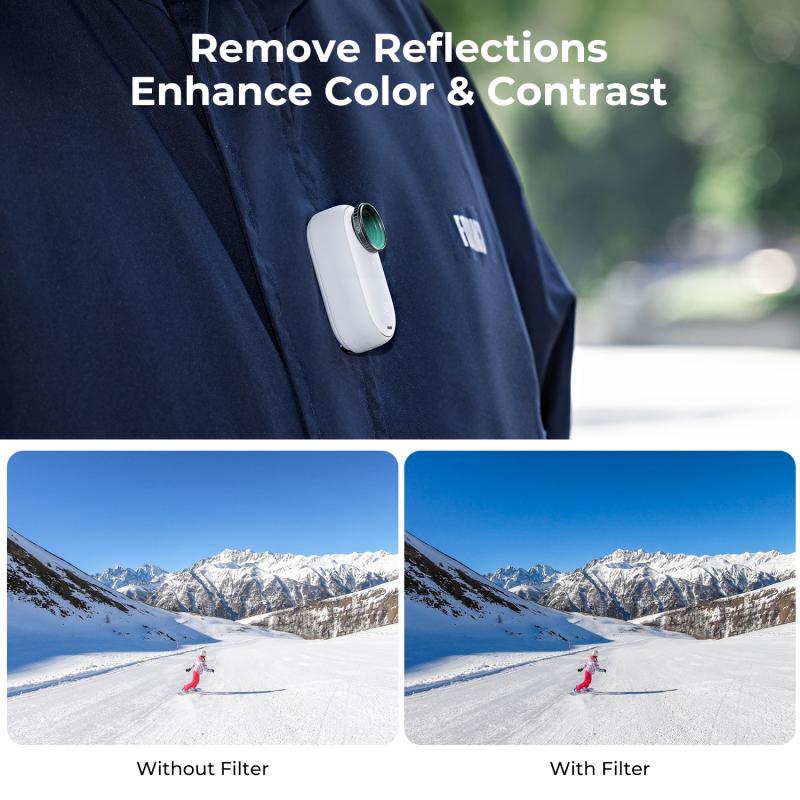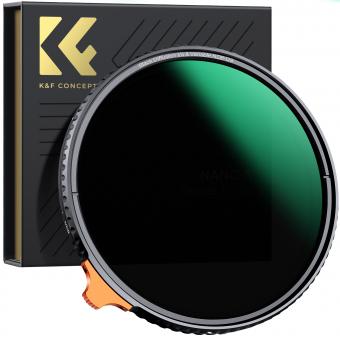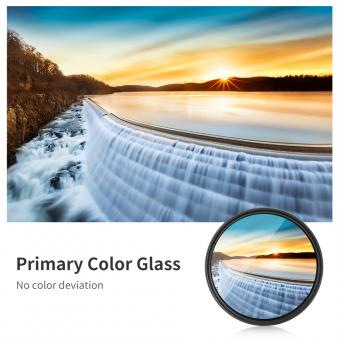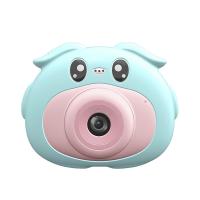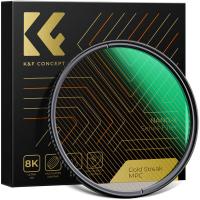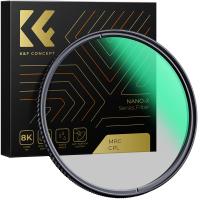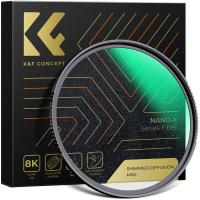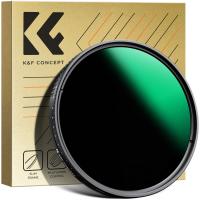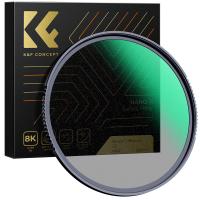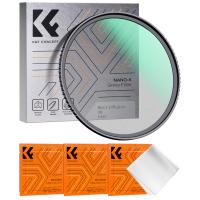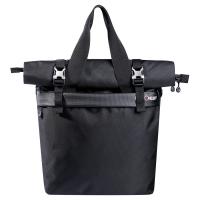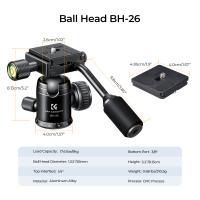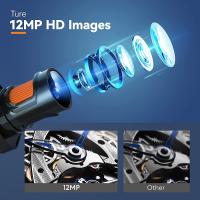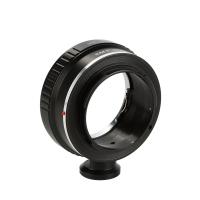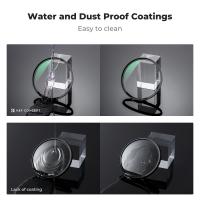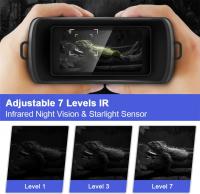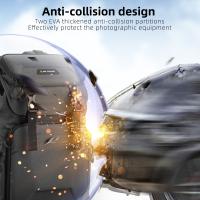What Does A Uv Water Filter Do ?
A UV water filter is a type of water treatment system that uses ultraviolet (UV) light to disinfect water. It works by exposing the water to UV radiation, which destroys the DNA of microorganisms such as bacteria, viruses, and parasites, rendering them unable to reproduce and causing them to die off. UV water filters are commonly used in residential, commercial, and industrial settings to provide safe and clean drinking water. They are effective in eliminating a wide range of harmful pathogens without the use of chemicals, making them a popular choice for water purification. UV water filters are typically installed as part of a larger water treatment system and are often used in conjunction with other filtration methods to ensure comprehensive water purification.
1、 Removes harmful bacteria and viruses from water using ultraviolet light.
A UV water filter is a device that uses ultraviolet light to remove harmful bacteria and viruses from water. The process involves exposing the water to UV light, which damages the DNA of microorganisms, rendering them unable to reproduce and causing them to die off.
UV water filters are commonly used in residential, commercial, and industrial settings to ensure the safety and purity of drinking water. They are particularly effective in eliminating waterborne pathogens such as E. coli, Giardia, and Cryptosporidium, which can cause serious illnesses if ingested.
One of the main advantages of UV water filters is that they do not use any chemicals, making them a safe and environmentally friendly option for water treatment. Unlike other methods like chlorine disinfection, UV filtration does not leave behind any residual taste or odor in the water.
UV water filters are also highly efficient, capable of destroying up to 99.99% of microorganisms present in the water. However, it is important to note that UV filtration does not remove other contaminants such as heavy metals, chemicals, or sediment. Therefore, it is often used in conjunction with other filtration methods like activated carbon filters or reverse osmosis systems to provide comprehensive water treatment.
In recent years, there has been growing interest in the use of UV water filters as a means of disinfecting water in developing countries or areas affected by natural disasters. These filters are portable, easy to use, and require minimal maintenance, making them a practical solution for providing safe drinking water in emergency situations.
Overall, UV water filters are an effective and reliable method of removing harmful bacteria and viruses from water. They offer a chemical-free and efficient solution for ensuring the safety and purity of drinking water in various settings.
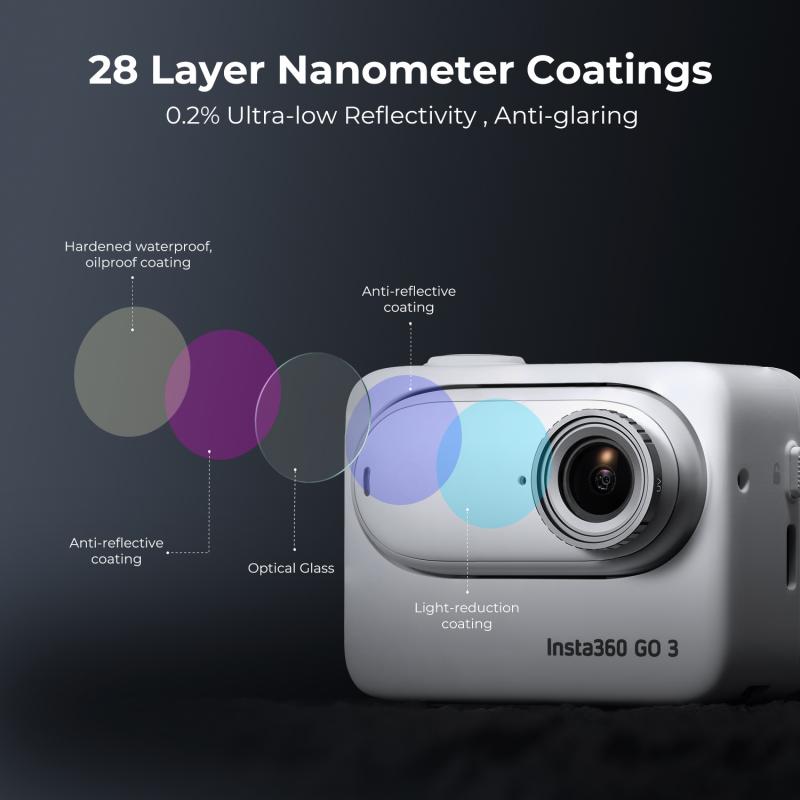
2、 Destroys microorganisms by disrupting their DNA structure.
A UV water filter is a device that utilizes ultraviolet (UV) light to destroy microorganisms present in water by disrupting their DNA structure. This process is known as UV disinfection and is highly effective in eliminating harmful bacteria, viruses, and other pathogens that may be present in water sources.
When water passes through a UV water filter, it is exposed to UV light emitted by a specialized lamp. The UV light has a specific wavelength that targets the genetic material of microorganisms. As the microorganisms come into contact with the UV light, their DNA structure is disrupted, rendering them unable to reproduce and causing their eventual death.
UV disinfection is a chemical-free and environmentally friendly method of water treatment. It does not introduce any additional chemicals or byproducts into the water, making it a safe and reliable option for water purification. Furthermore, UV disinfection does not alter the taste, odor, or color of the water, ensuring that the treated water remains clean and palatable.
In recent years, there has been growing interest in the use of UV water filters due to their effectiveness against emerging pathogens, such as the SARS-CoV-2 virus responsible for the COVID-19 pandemic. Studies have shown that UV disinfection can effectively inactivate the virus, providing an additional layer of protection against waterborne transmission.
It is important to note that while UV water filters are highly effective in destroying microorganisms, they do not remove other contaminants such as chemicals, heavy metals, or sediment. Therefore, it is recommended to use UV disinfection in conjunction with other water treatment methods, such as activated carbon filtration or reverse osmosis, to ensure comprehensive water purification.
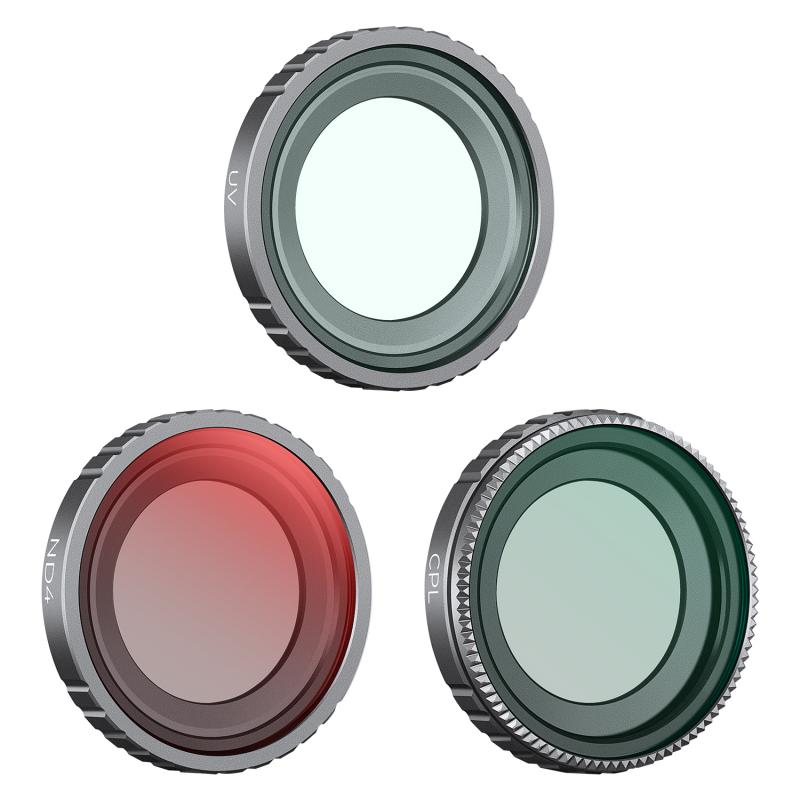
3、 Provides an additional layer of protection against waterborne diseases.
A UV water filter is a device that uses ultraviolet light to disinfect water and provide an additional layer of protection against waterborne diseases. It is designed to kill or inactivate harmful microorganisms such as bacteria, viruses, and parasites that may be present in the water.
The UV water filter works by exposing the water to a specific wavelength of ultraviolet light, typically around 254 nanometers. This wavelength is lethal to microorganisms as it damages their DNA, preventing them from reproducing and causing infections. The UV light effectively sterilizes the water, making it safe for consumption.
One of the key advantages of a UV water filter is that it does not use any chemicals, such as chlorine, to treat the water. This makes it a safe and environmentally friendly option for water purification. Additionally, UV filtration does not alter the taste, odor, or color of the water, ensuring that it remains clean and refreshing.
In recent years, there has been a growing concern about the presence of emerging contaminants in water sources, such as pharmaceuticals and personal care products. While UV filtration is primarily designed to target microorganisms, studies have shown that it can also be effective in reducing the concentration of certain chemical contaminants. However, it is important to note that UV filtration may not be as effective against all types of chemical contaminants, and additional treatment methods may be required for comprehensive water purification.
In conclusion, a UV water filter provides an additional layer of protection against waterborne diseases by using ultraviolet light to kill or inactivate harmful microorganisms. It is a chemical-free and environmentally friendly method of water purification that ensures the water remains safe and clean for consumption.
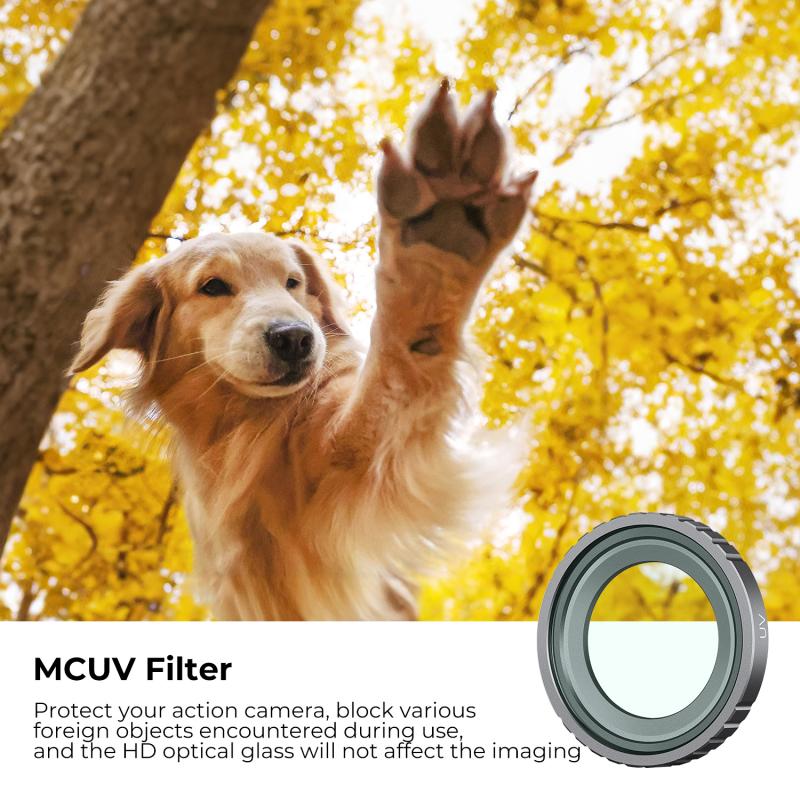
4、 Effectively treats water without the use of chemicals.
A UV water filter, also known as an ultraviolet water disinfection system, is a device that effectively treats water without the use of chemicals. It utilizes ultraviolet (UV) light to kill or inactivate harmful microorganisms present in the water, such as bacteria, viruses, and protozoa.
The UV water filter works by exposing the water to UV light, which damages the DNA of microorganisms, preventing them from reproducing and rendering them harmless. This process is known as UV disinfection. Unlike chemical disinfection methods like chlorine or ozone, UV disinfection does not introduce any additional substances into the water, making it a chemical-free and environmentally friendly solution.
UV water filters have gained popularity in recent years due to their effectiveness in treating waterborne diseases and their ability to provide safe drinking water. They are commonly used in residential, commercial, and industrial settings, including homes, hospitals, restaurants, and water treatment plants.
One of the latest advancements in UV water filtration technology is the use of advanced UV-C LEDs (light-emitting diodes). These LEDs provide a more efficient and reliable source of UV light compared to traditional mercury lamps. They have a longer lifespan, require less energy, and can be easily integrated into compact and portable filtration systems.
Furthermore, some UV water filters now come equipped with additional features such as pre-filtration to remove sediment and other particles, as well as post-filtration to improve taste and odor. These advancements enhance the overall performance and convenience of UV water filtration systems.
In conclusion, a UV water filter effectively treats water without the use of chemicals by utilizing UV light to kill or inactivate harmful microorganisms. It provides a safe and environmentally friendly solution for water disinfection, ensuring that the water we consume is free from harmful pathogens. With the latest advancements in UV-C LED technology, UV water filters have become more efficient, reliable, and user-friendly, making them an increasingly popular choice for water treatment.
